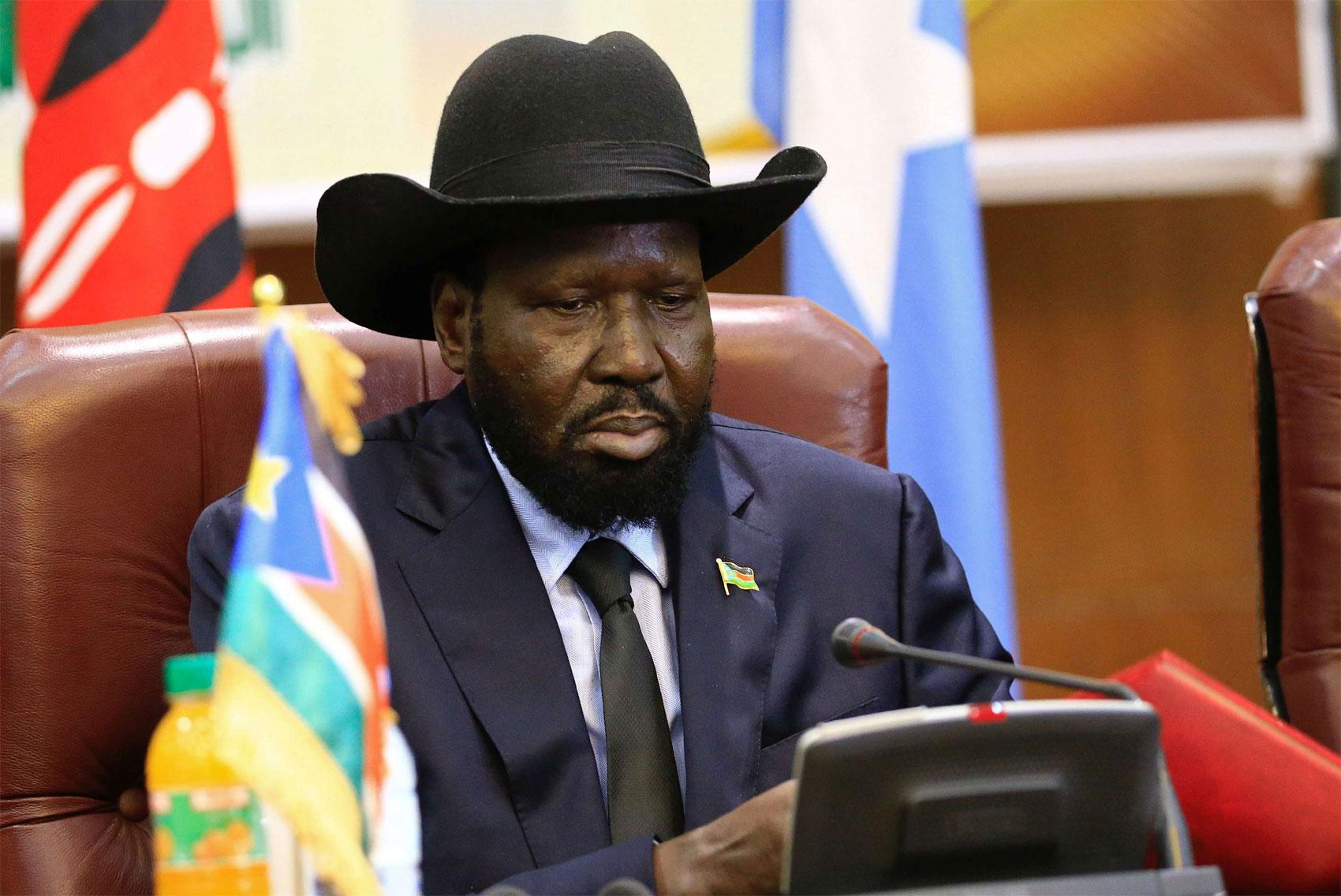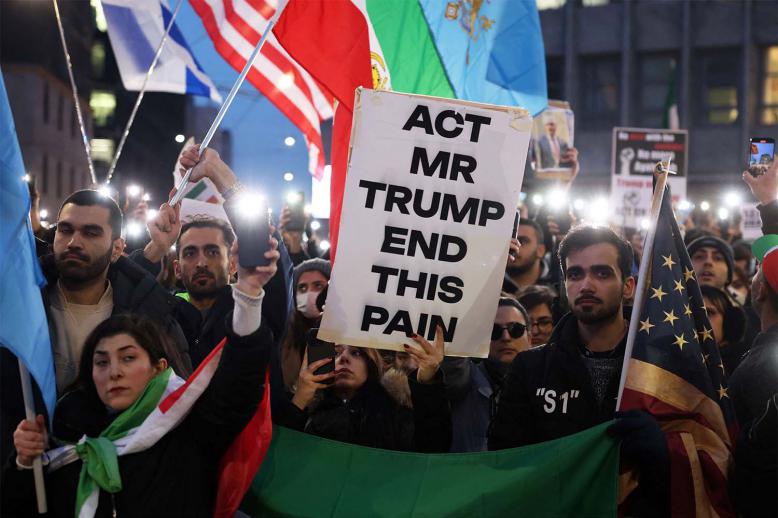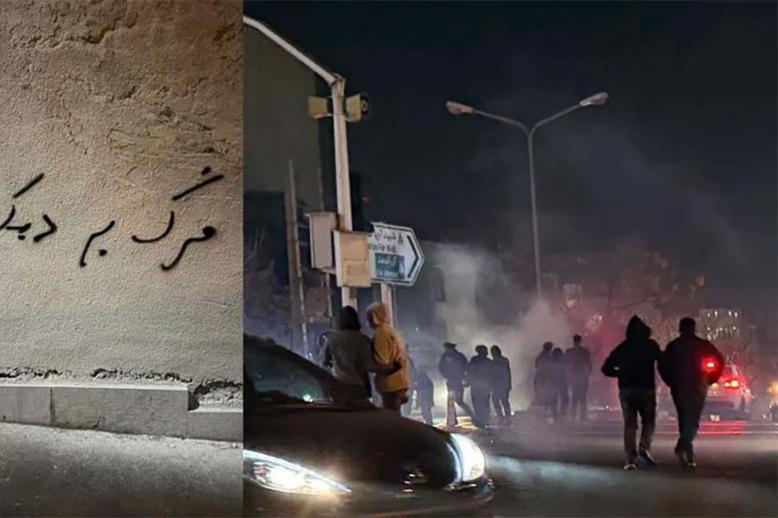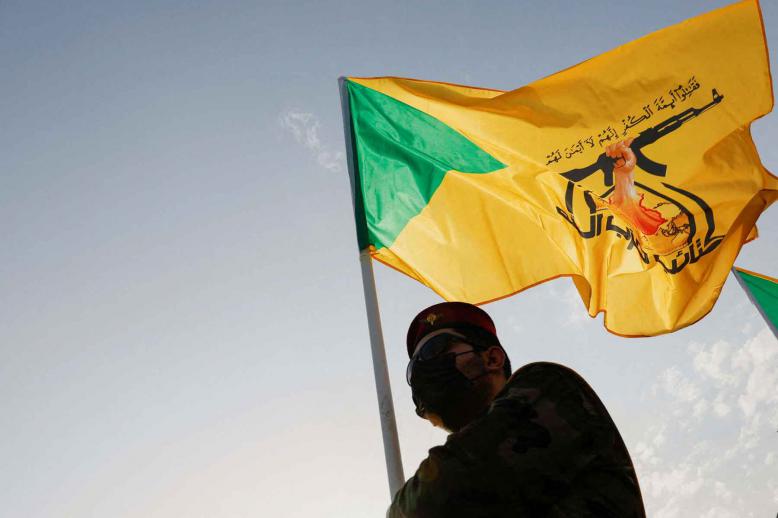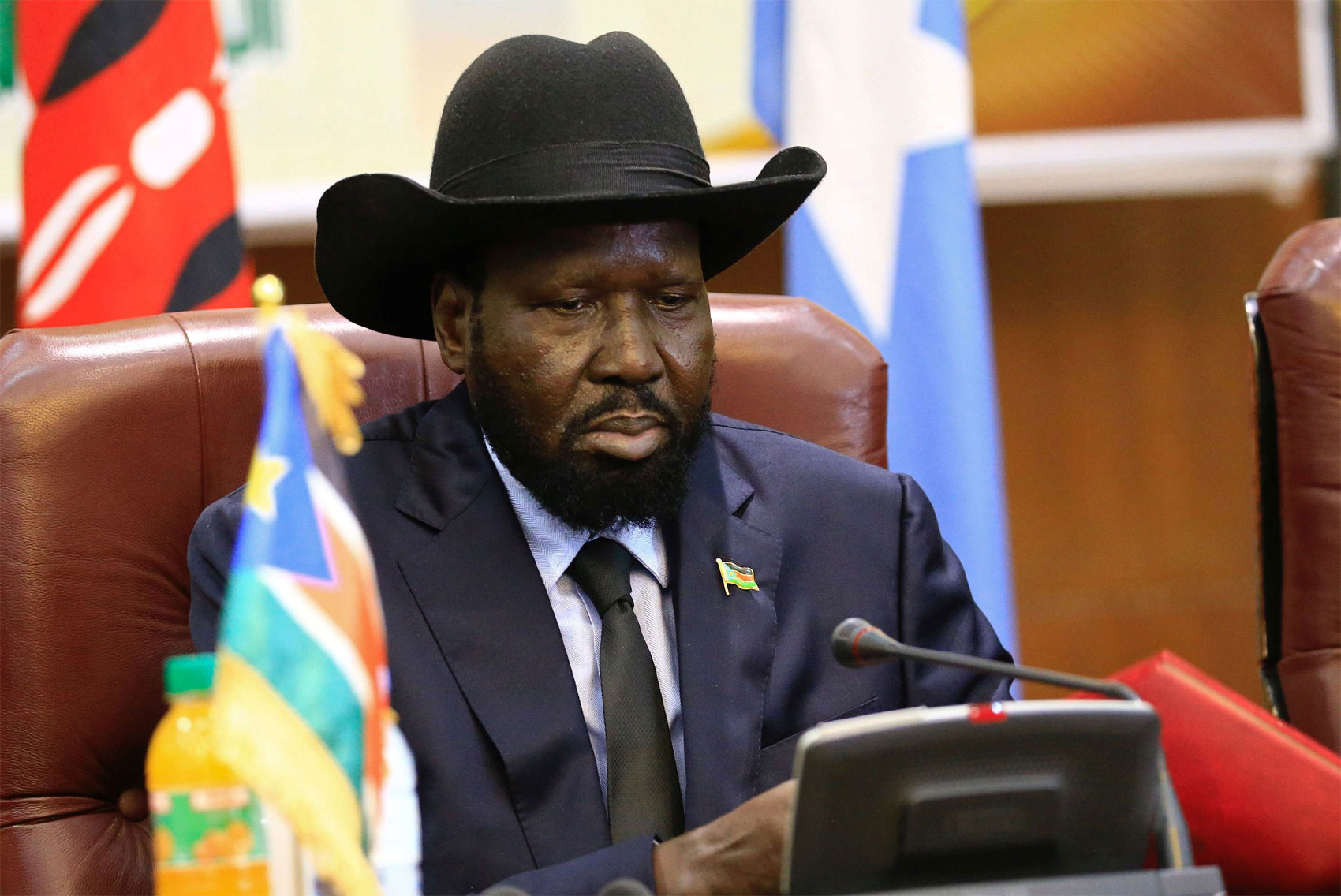Kiir hopes talks will bring 'immediate end' to war
KHARTOUM - South Sudanese President Salva Kiir said he hopes his meeting with arch-foe Riek Machar in Khartoum on Monday will bring an "immediate end" to the devastating war in their country.
Machar and Kiir met at a Khartoum convention centre for a new round of peace talks after a meeting between the two heavyweights last week in Ethiopia failed to achieve a breakthrough.
The latest rounds of talks between the bitter rivals come as East African leaders launched new efforts to secure peace in South Sudan, where warring factions face a looming deadline to avert UN sanctions.
While the faltered first round held Thursday in Addis Ababa was brokered by Ethiopian premier Abiy Ahmed, Monday's meeting in Khartoum was hosted by Sudanese President Omar al-Bashir in the presence of Ugandan President Yoweri Museveni.
"I have come to really bring this unnecessary war in our country to an immediate end, and I hope that Doctor Riek Machar is ready to see my point," Kiir said, as the meeting got underway in the presence of Bashir and Museveni.
Machar too raised hopes that peace was possible in South Sudan, where tens of thousands of people have been killed and nearly four million displaced since fighting erupted in December 2013.
"There is a chance for peace and there is a way to achieve peace," Machar said, in his first remarks to journalists in more than two years.
The two leaders shook hands and later stood alongside Bashir and Museveni with their hands raised as the meeting commenced, an AFP correspondent said.
Two weeks of talks
South Sudan's war began after Kiir fell out with his then deputy Machar in December 2013, dashing the optimism that accompanied its independence from Sudan just two years earlier.
It is unclear how long the two leaders will be in Khartoum, but their delegations are scheduled to discuss over the next two weeks thorny issues including power-sharing and security arrangements in South Sudan, officials say.
The two delegations will later travel to Nairobi for more talks.
In May, the United Nations Security Council gave the two sides a month to reach a peace deal or face sanctions.
"The South Sudan crisis has impacted on the entire stability of the region, which is why the international community is thinking of imposing sanctions," said Bashir.
"But Sudan rejects imposing sanctions on South Sudanese leaders as sanctions will only increase the suffering of South Sudanese people."
Kiir and Machar's meeting in Addis Ababa was their first face-to-face encounter in nearly two years, and their meeting in Khartoum is the first in Sudan since the fighting erupted in South Sudan.
The talks in Addis Ababa faltered when South Sudan's government declared that it "had enough" of Machar just a day after the meeting.
"As the people of South Sudan, not the president alone, but as the people of South Sudan, we are saying enough is enough," South Sudanese government spokesman Michael Makuei said Friday.
Makuei rejected Machar's presence in any transitional government, but did not rule out the involvement of other rebel figures.
Doubts persist
His remarks indicate the personal enmity between Kiir and Machar -- which lies at the heart of the conflict -- is as strong as ever.
Before leaders met in Ethiopia, Machar's SPLM-IO rebel group had dismissed the latest peace efforts as "unrealistic".
South Sudan descended into civil war after Kiir accused Machar of plotting a coup against him, sparking violence between the two factions that was fuelled by brooding ethnic tensions.
Since a 2015 peace deal collapsed in July 2016 with Machar fleeing to South Africa, Kiir's government has gained the upper hand militarily as the opposition has splintered into a myriad of factions.
Initially largely fought between South Sudan's two largest ethnic groups -- Kiir's Dinka and Machar's Nuer -- smaller groups have since spawned their own militias, raising questions about the ability of either leader to halt the violence.
A landlocked state with a large ethnic mix, South Sudan gained independence from Sudan in 2011 after a long and brutal war.


